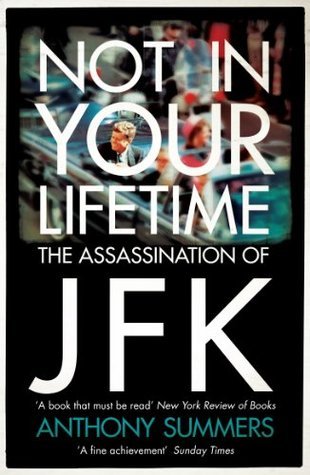What do you think?
Rate this book


656 pages, Paperback
First published January 1, 1980
It is evident that science—whether forensic, acoustic, or ballistic—has produced no certainties, and will not resolve the questions surrounding the Kennedy assassination